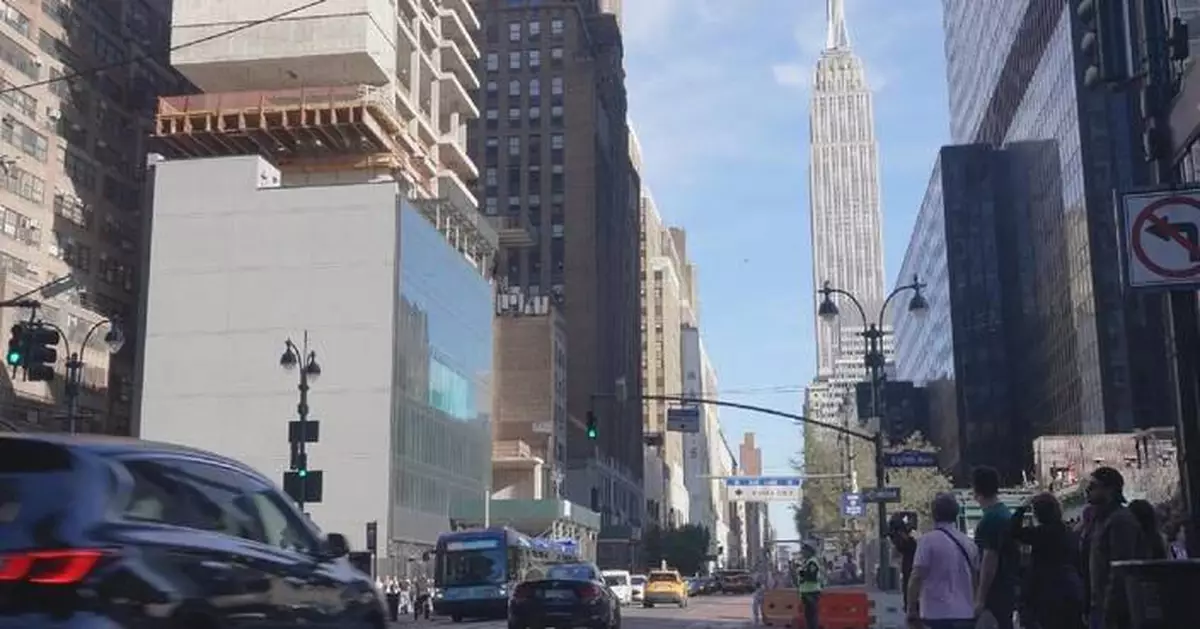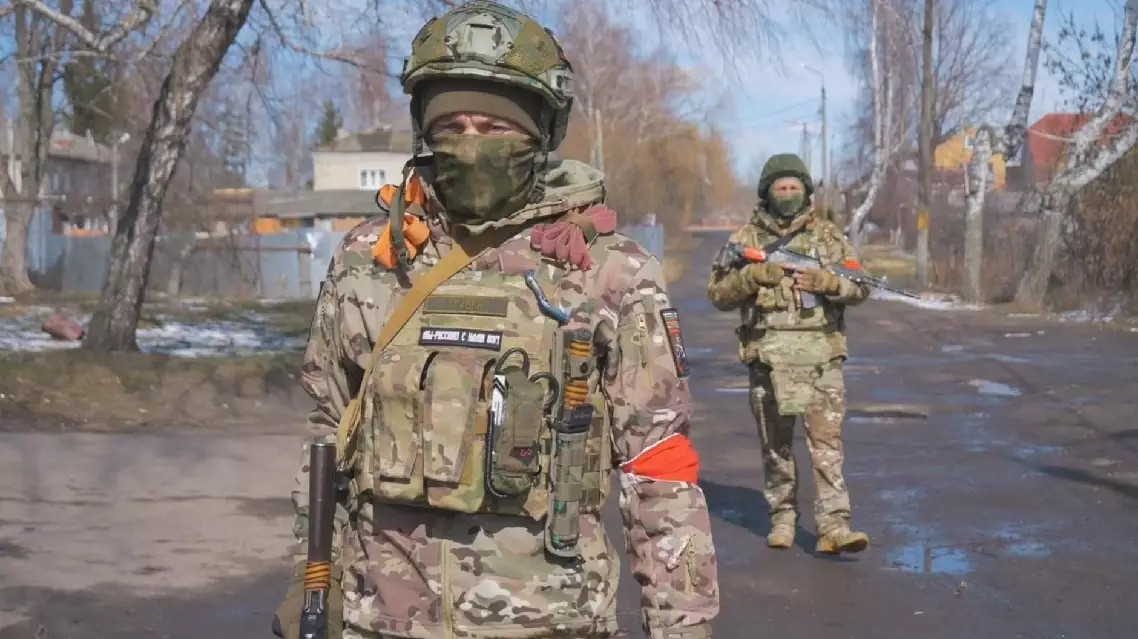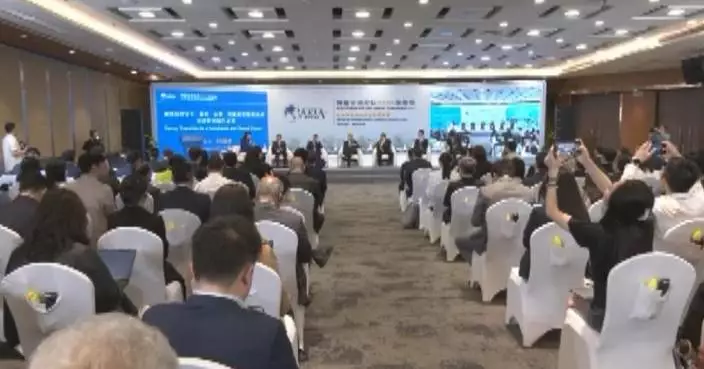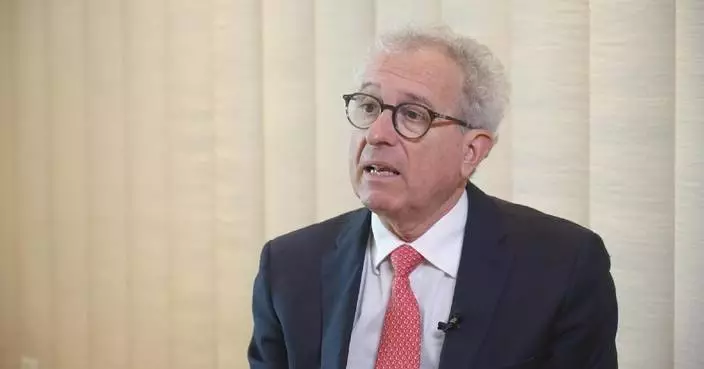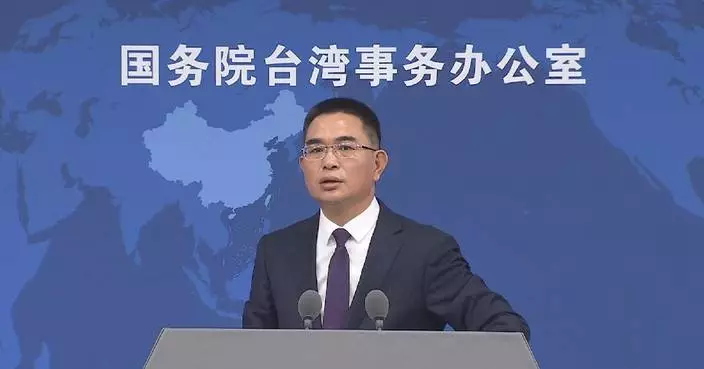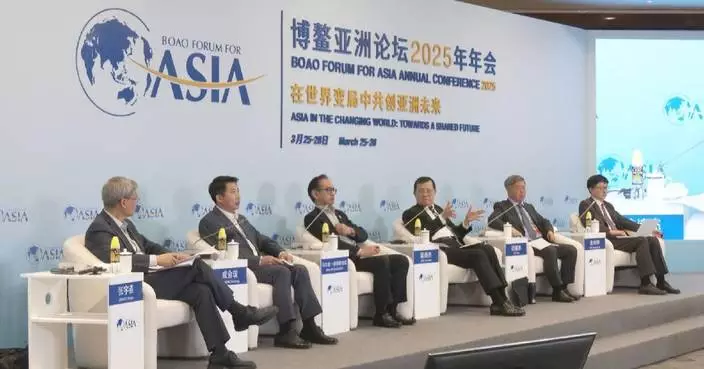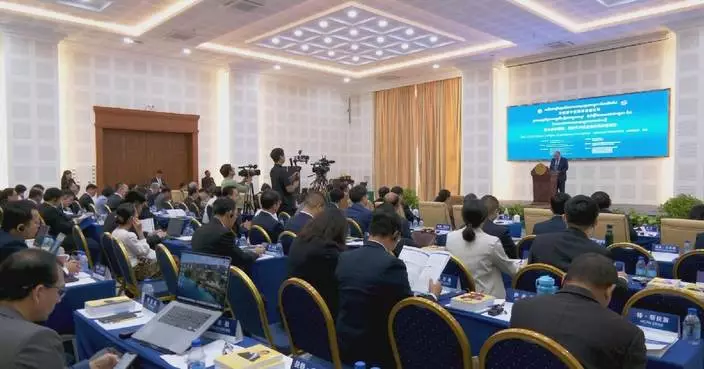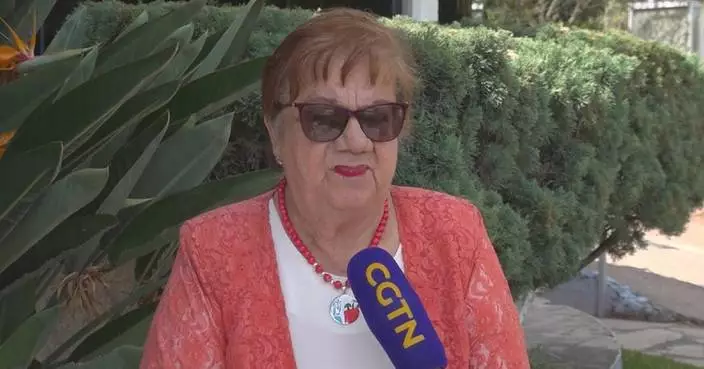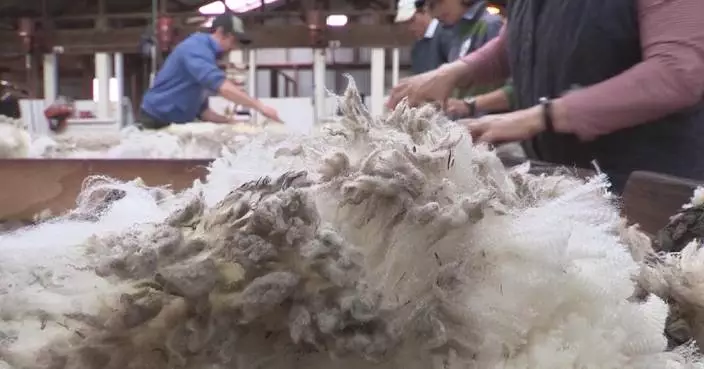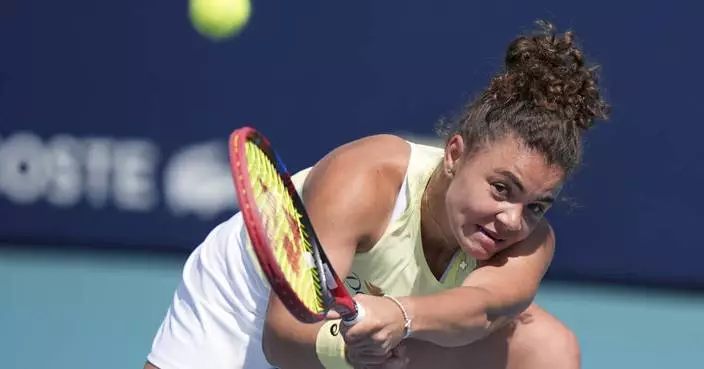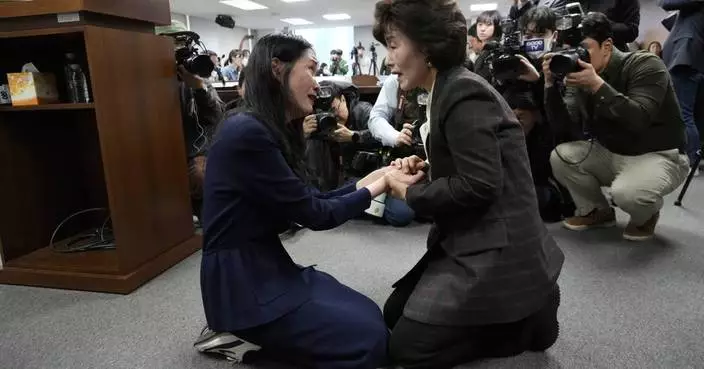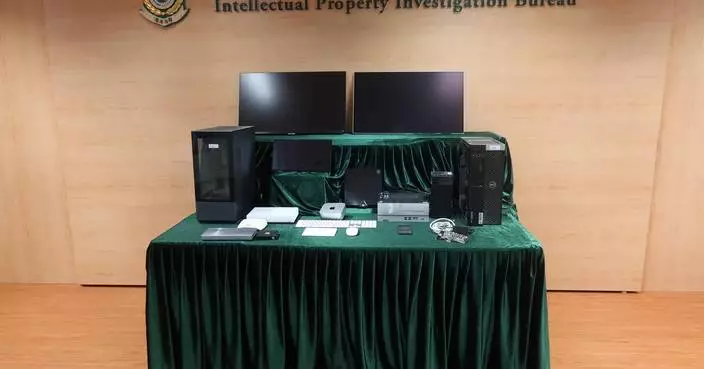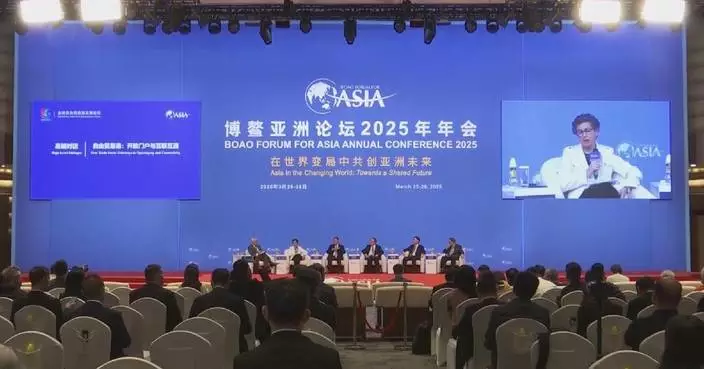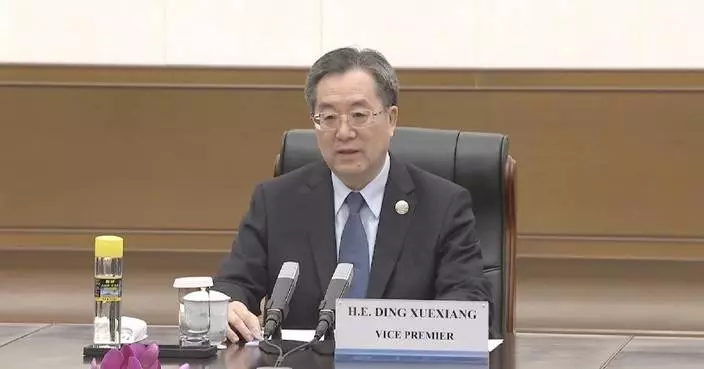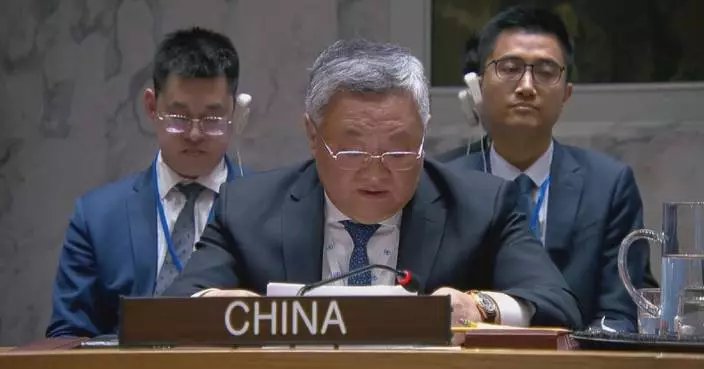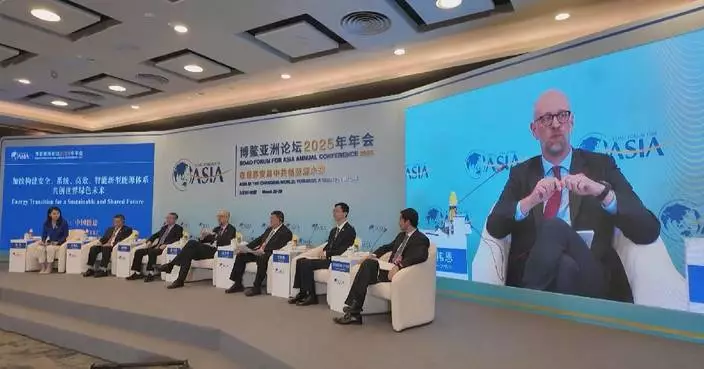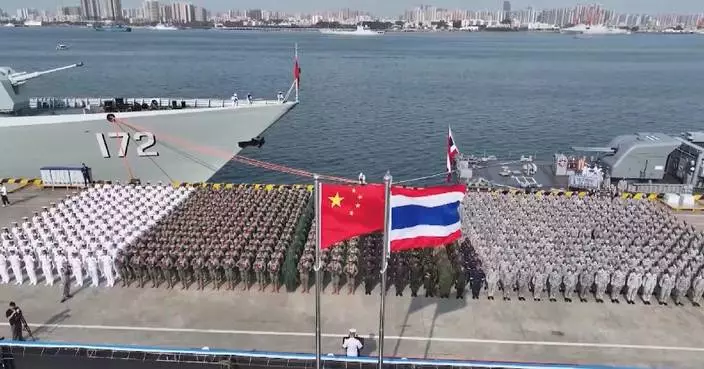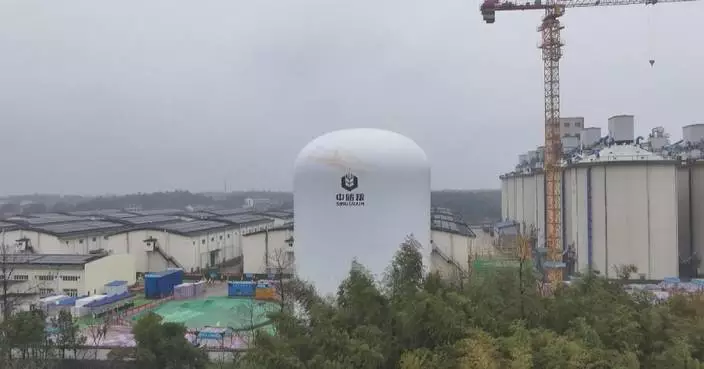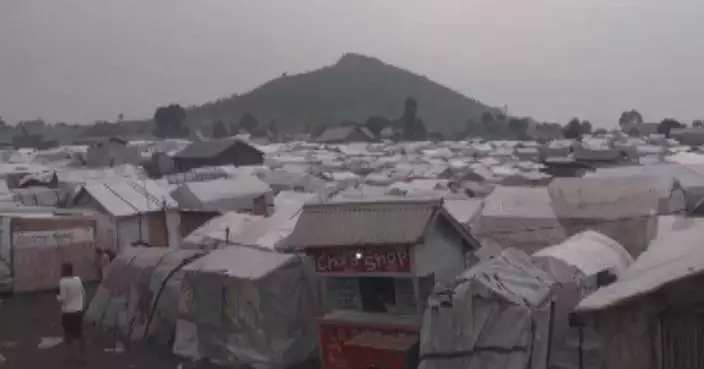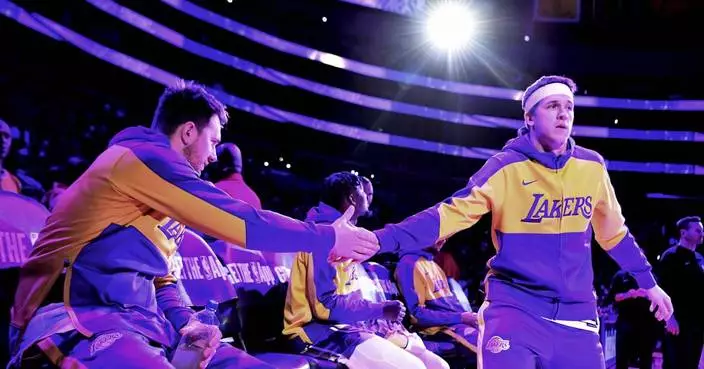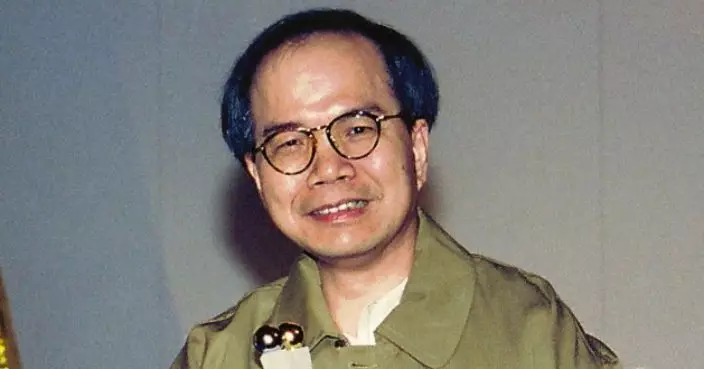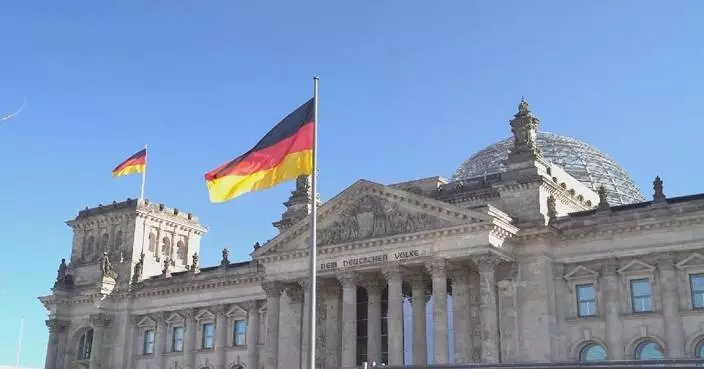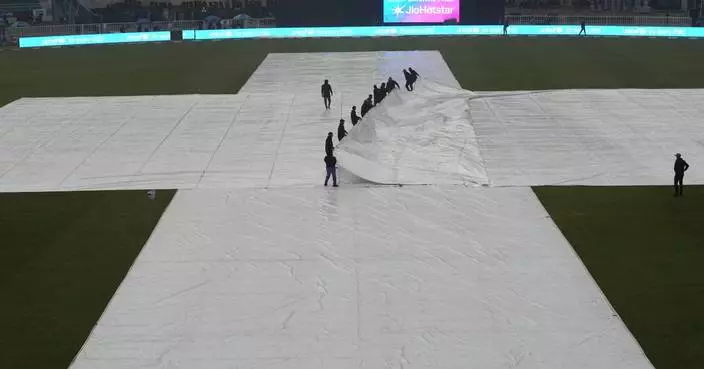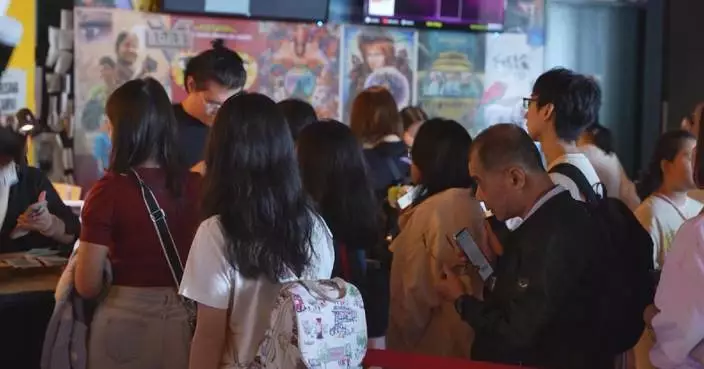The Trump administration's decision to invoke the 1798 Alien Enemies Act to deport five Venezuelan nationals has ignited a constitutional showdown, with legal experts and advocates raising concerns over the erosion of immigrants' due-process rights.
On March 15, the White House issued a presidential proclamation targeting Venezuelan members of the Tren de Aragua gang, declaring that the U.S. was facing an "invasion" from this "foreign terrorist organization."
Hours later, Judge James Boasberg issued a temporary restraining order, halting the deportations for 14 days. The ruling came in response to a lawsuit filed by the American Civil Liberties Union (ACLU) and Democracy Forward, who argued that the Trump administration had unlawfully invoked the Alien Enemies Act.
This 227-year-old law grants the president the authority to deport non-citizens, a power critics argue strips individuals of fundamental legal protection.
While the law was originally enacted during wartime, experts contend that its application in a peacetime context raises serious constitutional concerns. Legal analysts believe that the ultimate decision on the matter may rest with the U.S. Supreme Court.
John De La Vega, an immigration attorney, explained the core issue.
"They should have due process under the laws, and also they should have an immigration hearing to see if a judge approves or not their immigration relief. Most of these Venezuelan cases are asylum seekers, and they were excluded or removed from the United States without having their day in court," he said.
Claudia Garcia, another immigration attorney, expressed concern about the administration's reliance on a centuries-old law.
"President Trump is invoking an act that's very old. Basically that act is saying that it gives the president power to deport any alien without any due process. The problem here is, that was an act that was done during a time of war. We're not at war, although they may like to think that we are, we are not at war," she said.
"The Supreme Court has in the past ruled that the president has the right to invoke certain laws or certain acts, and so that's exactly what he's doing so. I don't believe there's much that anybody can do, even if you keep appealing, which the appeal would automatically land in the Supreme Court of the United States," Garcia continued.
The legal and political battles over mass deportations have fueled a heated debate about the balance between national security and human rights.
De La Vega believes that the Supreme Court's eventual ruling will set a crucial legal precedent for future immigration cases.
"I just hope that the Supreme Court can make the right decision. All these cases are going to end up in the Supreme Court and we can create a correct legal precedent that balances our national security with our human rights for immigrants who want to apply for immigration relief in the U.S.," he said.
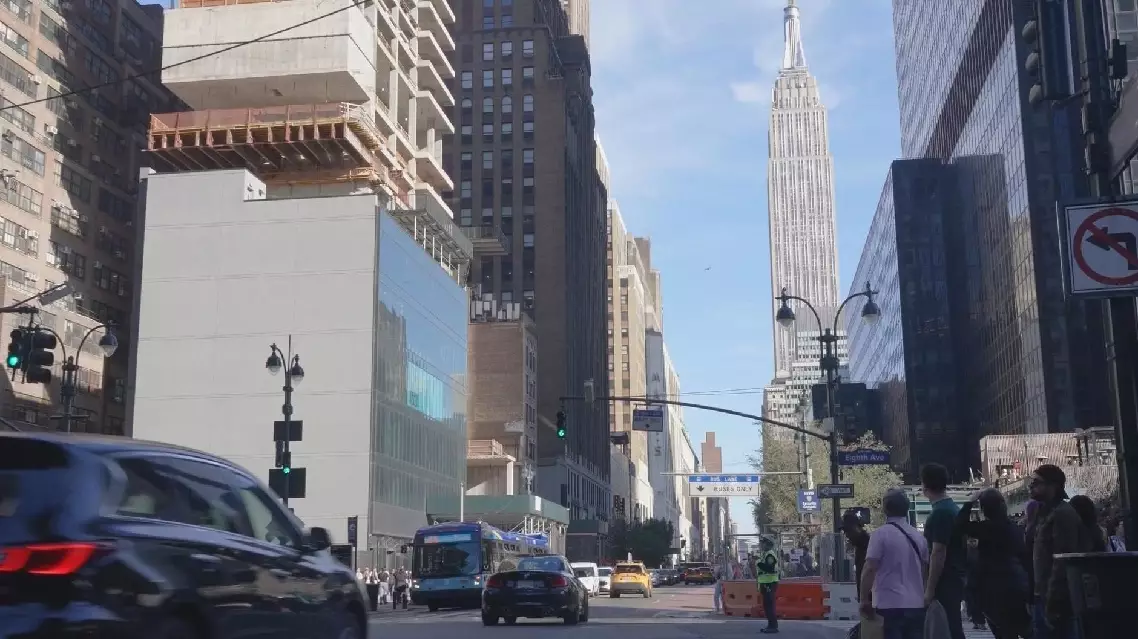
Trump's use of wartime act for Venezuelan deportations sparks constitutional battle
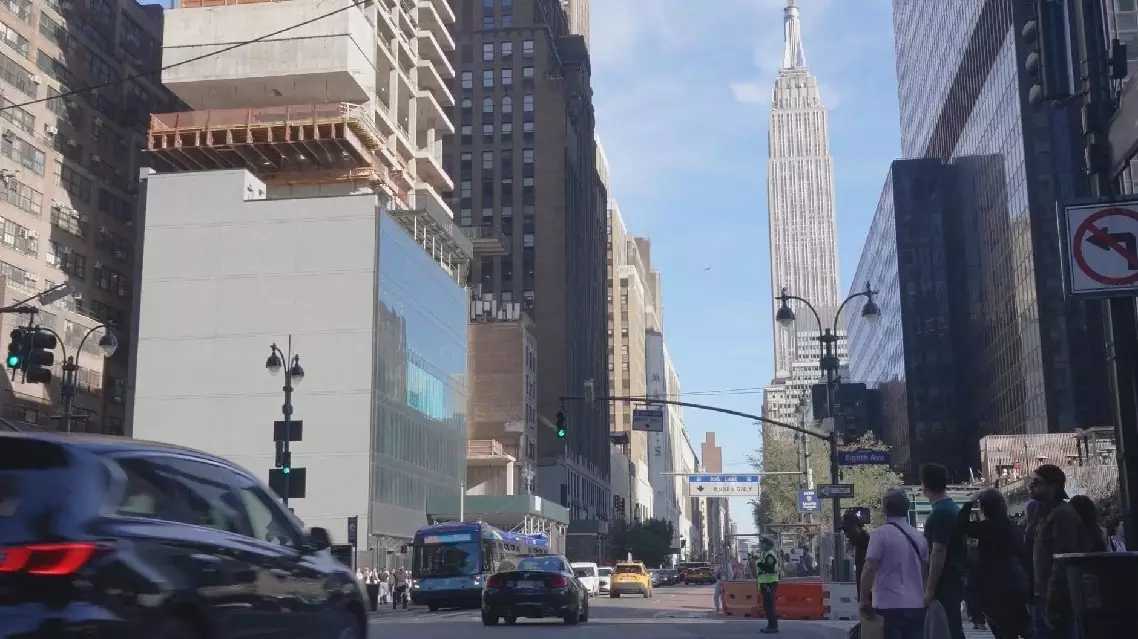
Trump's use of wartime act for Venezuelan deportations sparks constitutional battle


